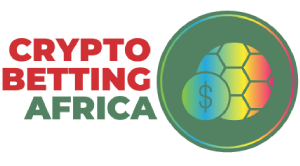Dive into the future of digital assets with our complete guide to NFT Wallets in Africa. Understand how to buy, sell, and securely manage your Non-Fungible Tokens (NFTs) in the burgeoning African digital marketplace. This comprehensive guide has all you need to confidently navigate the NFT landscape. Don’t get left behind in the digital dust, be part of the digital asset revolution today!
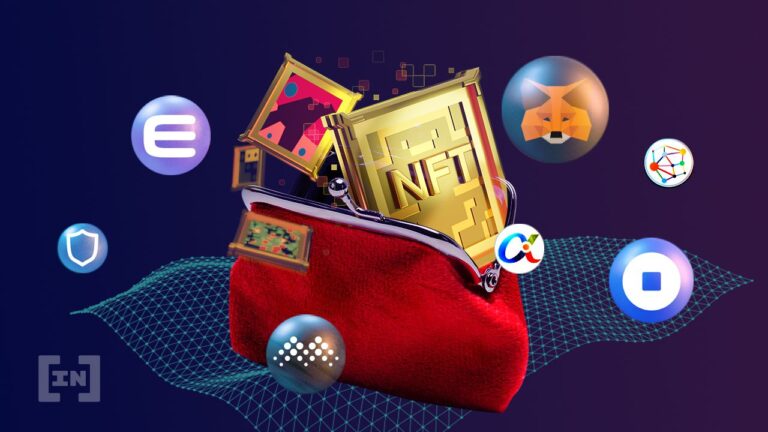
Non-fungible tokens (NFTs) have become a hot topic in the digital world, particularly in the realm of digital art and cryptocurrency. Simply put, NFTs lock in digital ownership by making it possible for someone to claim proprietary rights over a specific digital asset. This way, the owner of an NFT has concrete proof of ownership, a concept that’s causing a seismic shift in digital rights management.
For a more detailed explanation of NFTs, you can delve further into the subject by visiting our guide on Understanding the NFT Phenomenon. There, you’ll find comprehensive information on how NFTs operate, their functionalities and their impact on different quarters of the digital world.
Over the past few years, Africa has emerged as an important player in the global NFT space. From artists using NFTs to monetize their creations to companies leveraging NFT logistics to build trust in supply chains, the applications of NFTs are diverse and impactful across the continent. Artists can now bypass conventional art galleries, directly selling their digital artwork to global buyers and earning a fair share of the revenue.
One of the most revolutionary aspects of NFTs lies in their ability to democratize digital ownership. With NFTs, creators can now establish irrefutable ownership over their digital content. This new technology undermines the rampant piracy in Africa’s creative industry, thereby encouraging more creators to pursue their passion.
The NFT trend is helping to reshape Africa’s digital economy. For the first time, creative and talented Africans can tap into a global market that values and pays for their digital content. This increased adoption of NFTs in Africa is not only empowering creators but also promising a new era of digital ownership and artistic freedom on the continent.
In the burgeoning world of Non-Fungible Tokens (NFTs), an NFT wallet plays a critical role. It is a digital ledger that securely stores and manages one’s NFTs. Just as a conventional wallet holds physical currency, an NFT wallet hosts digital assets, albeit with a significant variance – each NFT stored is unique, cannot be replicated, and holds distinct value.
An NFT wallet not only provides storage but is also instrumental in buying, selling, or trading NFTs. It is the intermediary between NFT marketplaces and users, facilitating seamless transactions while maintaining the highest level of security. It also acts as a personal showcase of your NFT collection, allowing you to share and flaunt your assets on various platforms.
As Africa increasingly embraces digital culture and the idea of digital ownership, the need for an NFT wallet becomes integral. Africa’s vibrant art scene, rich cultural heritage, and emerging technology sectors find a powerful ally in NFTs, paving the way for a secure and globally accepted form of digital asset ownership.
The NFT wallet’s role in securely storing and managing these unique digital assets is crucial in this digital transformation. The NFT wallet is, therefore, not just a tool for handling digital assets, but also an important part of African digital infrastructure, fostering the growth of digital arts, entertainment, and entrepreneurship across the continent.
Choosing the right NFT wallet can be as vital as the digital assets it holds. Here are some key characteristics to consider when choosing an NFT wallet:
Understanding the function and importance of NFT wallets is the first step towards engaging with Africa’s digital future. As the continent continues to embrace NFTs, the role of these wallets will undoubtedly expand and evolve, becoming a cornerstone of the digital landscape.
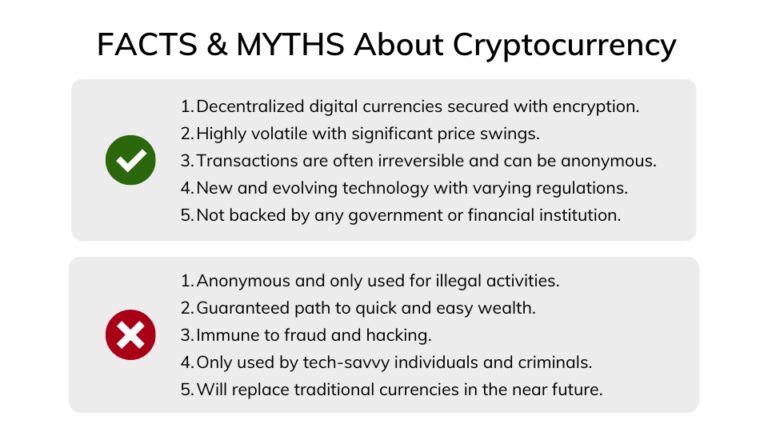
In Africa, several NFT wallets have emerged as leaders in the market, providing unique features and functionalities that cater to the region’s diverse digital asset needs. We will examine some of these wallets, including MyStake, Bitsler, Sportsbet.io, 20Bet, and Rolletto.
MyStake is becoming a renowned NFT wallet in Africa due to its comprehensiveness and user-friendly features. Key to its appeal is its compatibility with various NFT marketplaces, enabling users to buy, sell, and trade with ease.
MyStake stands out with its security, offering top-notch protection against potential threats with its built-in two-factor authentication system and private key encryption. Further, it supports a wide array of digital assets besides NFTs, making it a versatile player in Africa’s digital asset landscape. Check out our detailed guide for Exploring the MyStake NFT Wallet.
Bitsler is another prominent NFT wallet in Africa, recognized for its advanced features and outstanding performance. As a non-custodial wallet, Bitsler allows users to maintain complete control over their digital assets, enhancing personal security and autonomy.
The wallet supports several blockchain networks and incorporates a user-friendly interface that enables seamless navigation even for newbies in the NFT space. It also provides real-time statistical data, providing users with crucial insights into their digital assets’ performance.
Sportsbet.io, 20Bet, and Rolletto are other notable NFT wallets that are gaining momentum in Africa. Each of these wallets presents unique characteristics highly favored by the African market.
Sportsbet.io is highly favored for its simplicity and seamless integration with sporting platforms, making it an excellent choice for sports enthusiasts venturing into the NFT space. 20Bet, on the other hand, boasts a high transaction rate, low transaction fee, and supports a wide range of digital assets.
Rolletto distinguishes itself with its multi-cryptocurrency support, user-oriented design, and robust security measures. Its features are tailored to cater to the needs of different users, making it a versatile choice for various NFT enthusiasts.
Each of these wallets is carving out a unique niche within the African NFT landscape. They are accommodating diverse user needs and are instrumental in driving the adoption of NFTs on the continent.
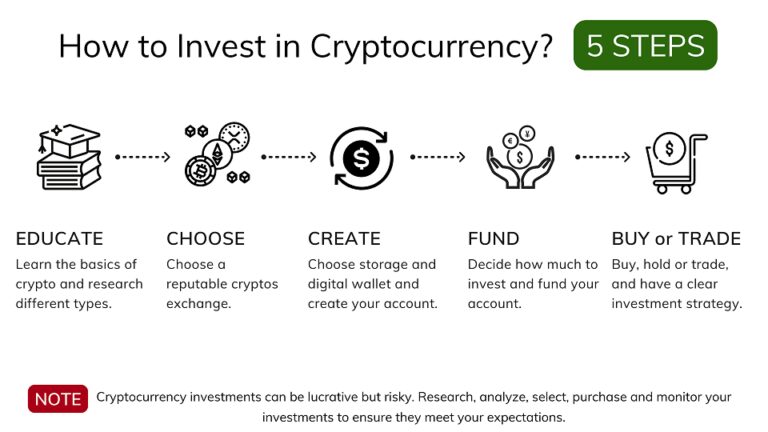
As with venturing into any new digital frontier, taking the first steps can seem daunting. But never fear, setting up your own NFT wallet can be as easy as pie. This guide will walk you through the process of creating an account on notable platforms like Trust Dice, Roobet, or BC GAME, familiarizing yourself with the user interface, and securing your new digital wallet.
First things first, you need to decide where you want to create your NFT wallet. Platforms like Trust Dice, Roobet, and BC GAME are among popular options in Africa. Once you’ve chosen a platform, the process usually follows a common path. You’ll be required to register with your email address, create a strong password, and confirm your registration from your email. Some platforms may require additional details or steps, such as phone verification or identity verification to enhance the security of your account.
The next step is getting familiar with the user interface. This might feel intimidating at first, especially if you’re new to the world of NFTs and digital wallets. But don’t worry, most interfaces are designed to be user-friendly. It’s all about knowing where to find what you need. On the home page, you usually find options to view your wallet balance, make transactions, explore the marketplace, and customize your account settings. When you click on your wallet, you should see your NFTs, ETH balance, and the wallet’s public address.
Now that your NFT wallet is up and running, security should be your utmost priority. Just as you won’t leave your physical wallet unzipped in a crowd, your NFT wallet also needs robust protection. Start by enabling two-factor authentication (2FA), which adds an extra layer of security by requiring a second form of verification in addition to your password. You might also want to set up biometric security if your platform offers it.
Resist the temptation of storing passwords or private keys on your devices or writing them down where they might be easily found. Consider using a password manager or safely storing them off of your devices. Remember, in the digital world, your security is as strong as your weakest link.
Furthermore, ensure you’re updated with the best practices for NFT wallet security. If you’re interested, you can learn more about this through our Best Practices for NFT Wallet Security.
Having established and secured an NFT wallet, you’re now set on your journey through the exciting landscape of NFTs in Africa. Remember, the world of NFTs is gradually evolving, and education is key to staying ahead. So keep learning, exploring, and most importantly, enjoy the process.
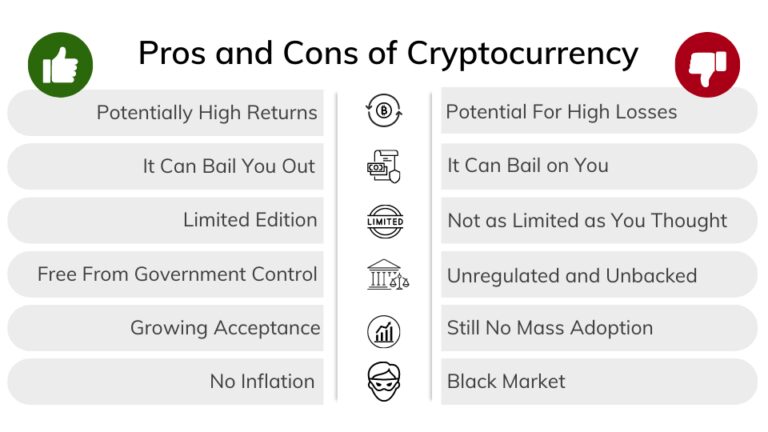
Once you’re familiar with NFTs and have set up a wallet to store them, the next step is to interact with the market. This includes three primary activities: buying, selling, and trading NFTs. For many, this is where the excitement truly begins as you get to participate in the dynamic world of NFT commerce.
When it comes to purchasing NFTs, the process can differ slightly depending on the platform you choose. However, some general steps that apply across platforms include:
This purchase process is geared towards Stake, 22bet, and Megapari but it mirrors the buying process on other platforms as well.
The process for selling NFTs also varies by platform but generally involves:
Specifics might differ when you’re selling on platforms like Fortunejack and Thunderpick but the core steps remain similar.
Trading NFTs is where the game really heats up. It involves more active market participation and can require a better understanding of the NFT market dynamics. With right strategy and a bit of luck, trading can be a profitable venture. Some strategies include:
For more detailed guidance on effective trading strategies, consider browsing the Guide to NFT Trading.
In summary, dealing with NFTs involves understanding how to buy, sell, and trade them effectively. Whether you’re using Stake, 22bet, Megapari, Fortunejack, Thunderpick, Vave, or Roobet, the principles remain the same. Happy trading!

